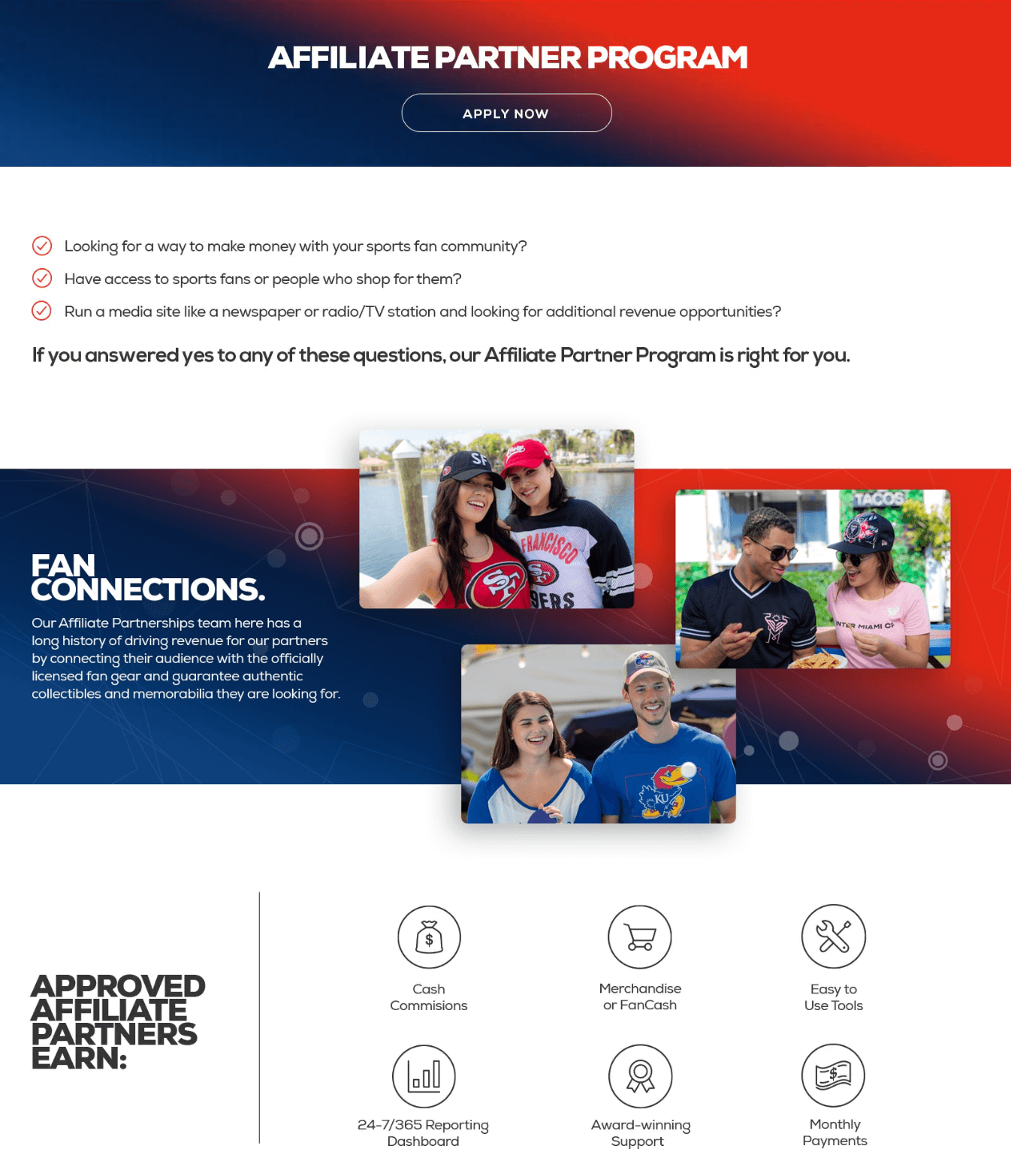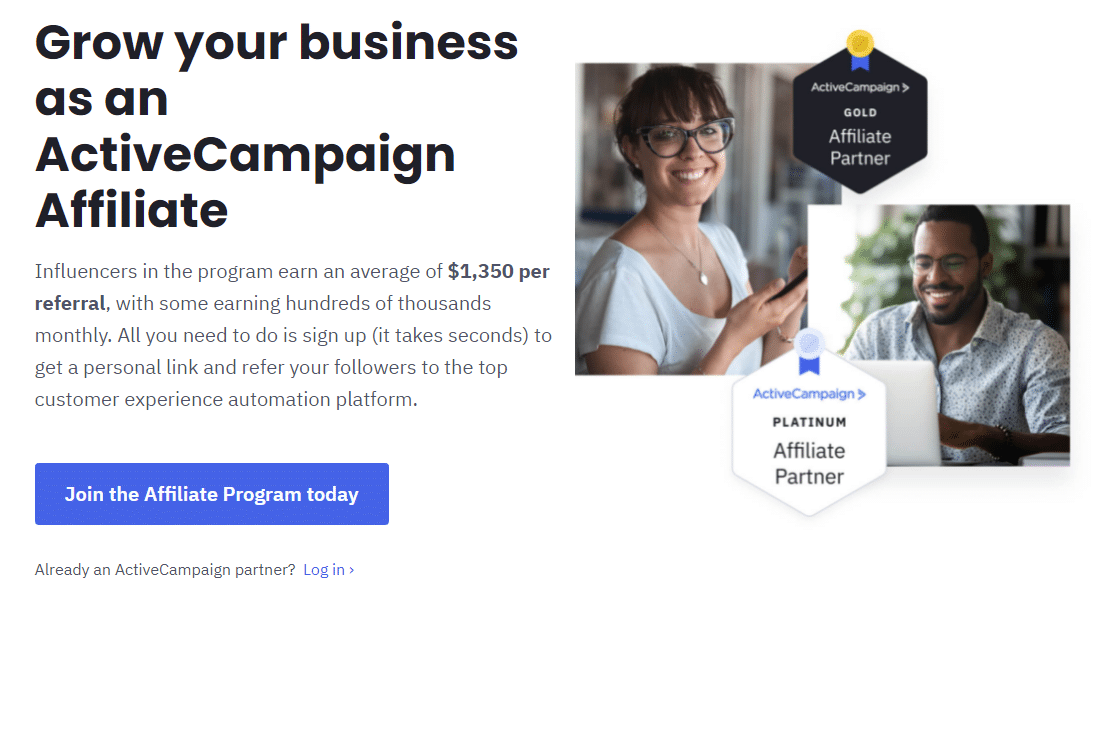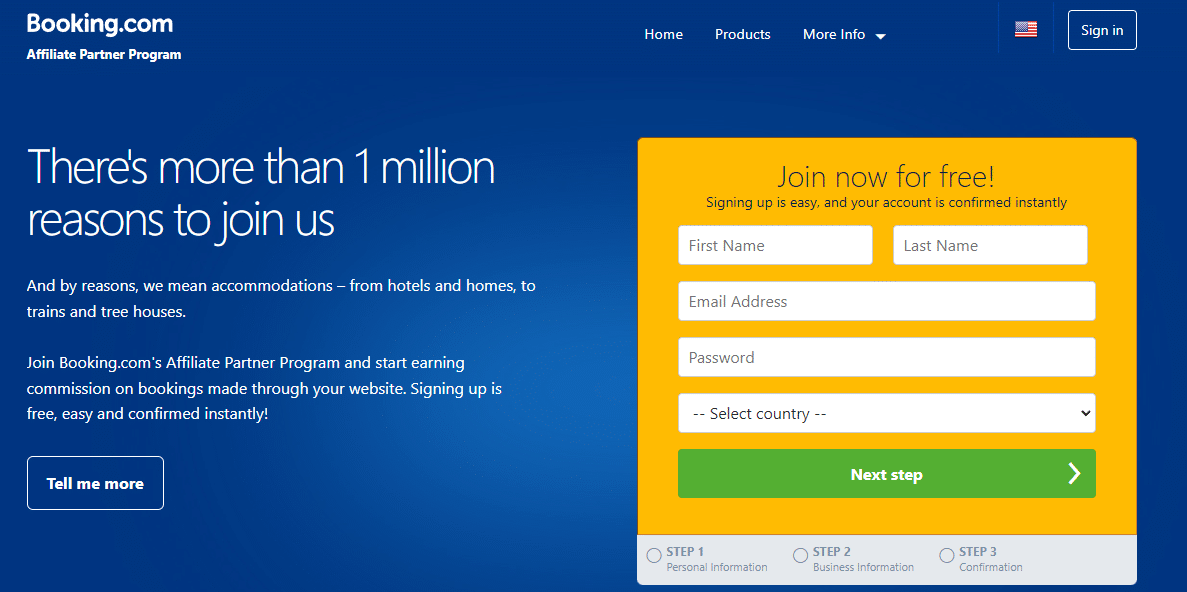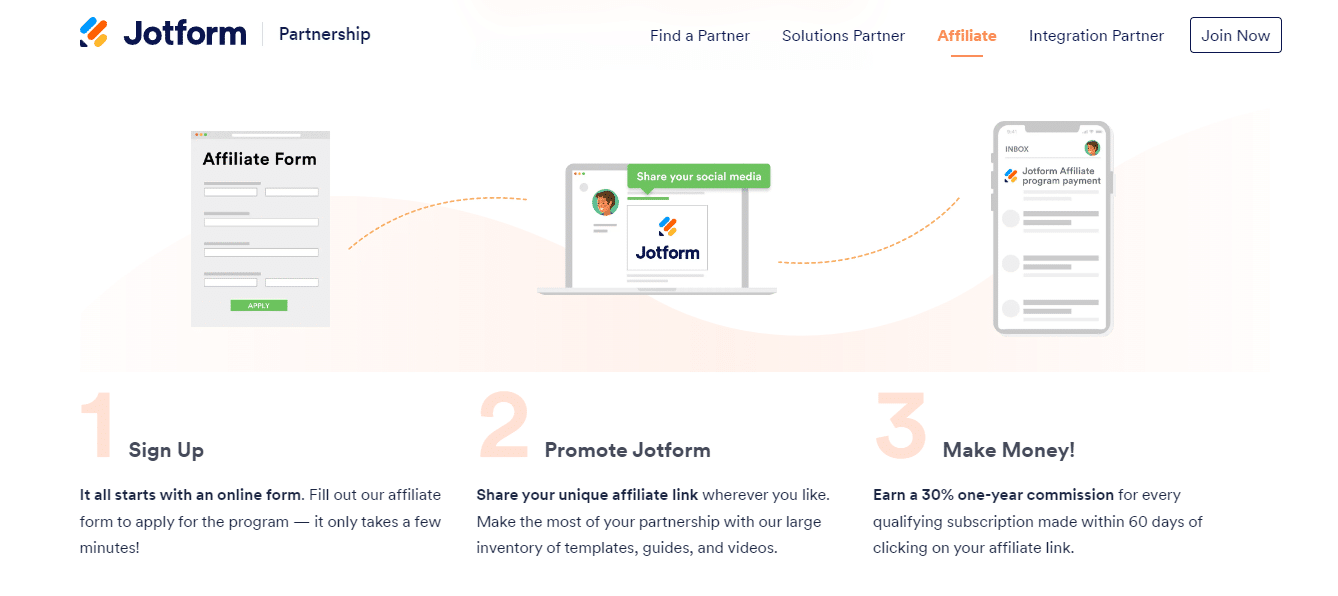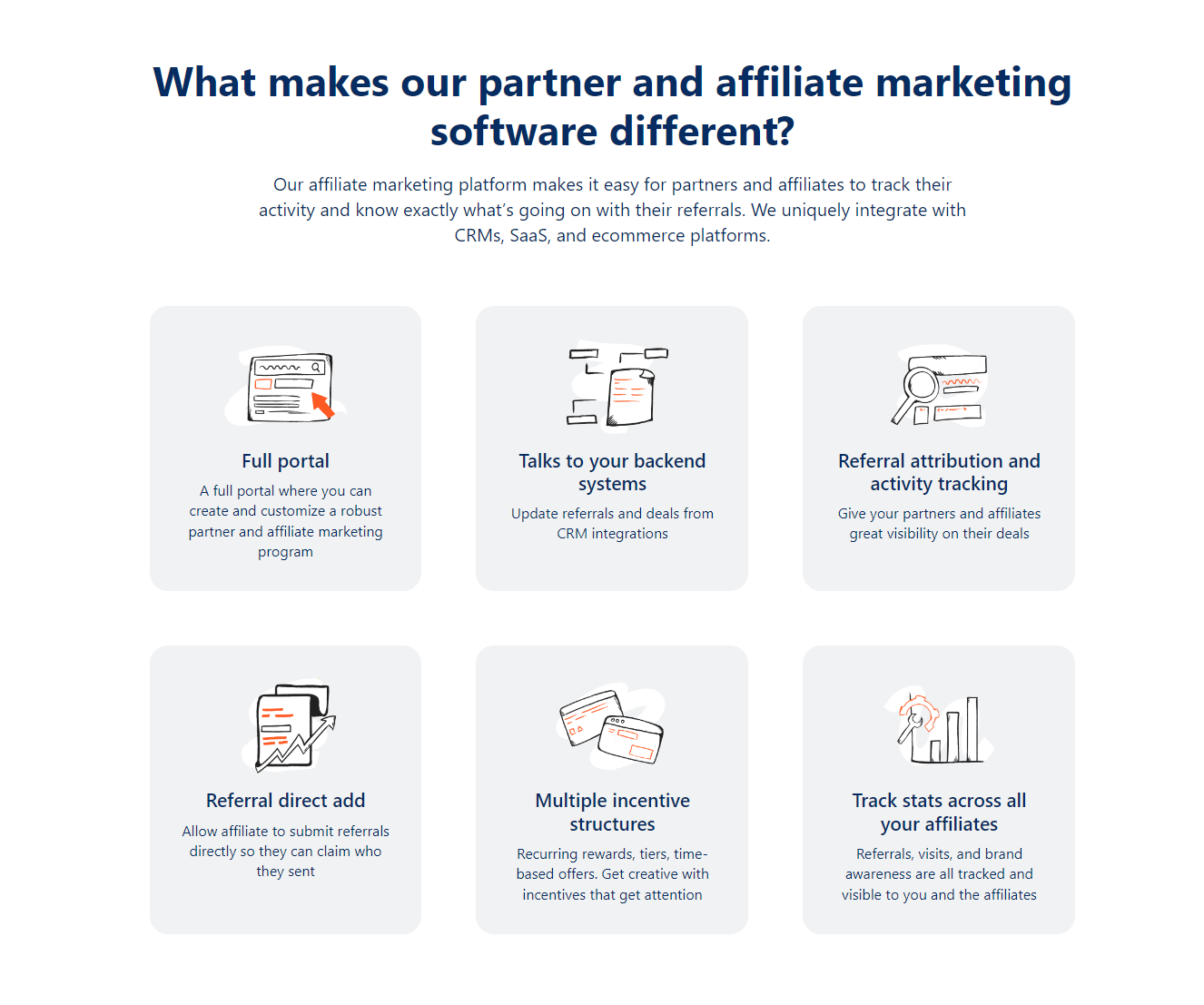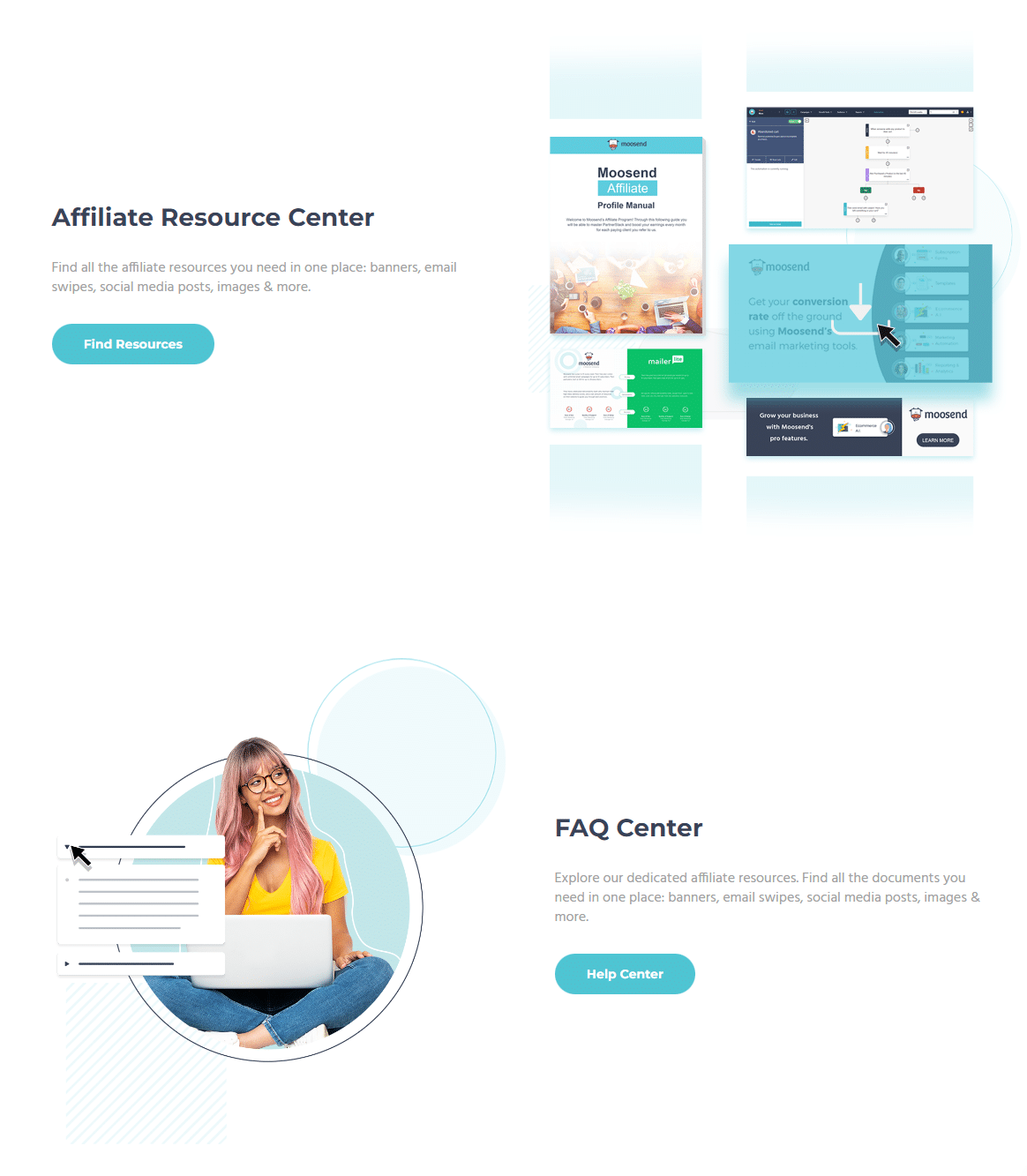At the heart of a company’s affiliate marketing strategy is forming the most valuable affiliate partnerships. Affiliate partnerships help create connections with audiences likely to be interested in your product or service, and let you advertise through another brand or person who has generated trust among an audience they’ve built for you. Plus, affiliate partners have a vested interest in promoting you, since they have the opportunity to earn commissions on sales.
Brands that stay current on the “what,” “why,” and “how” of forming robust, positive, and constructive affiliate partnerships are better equipped to achieve maximum value from their affiliate programs. Whether you’re an ecommerce brand, a SaaS, or another type of business, you can reap the benefits of affiliate partners. Here’s everything your business needs to form strategic, effective affiliate partnerships with creators and other brands.
What are affiliate partnerships?
Affiliate partnerships (affiliate partner programs) are agreements between your brand’s affiliate program and another individual or business to promote your products or services. You’ll enlist content creators or other businesses to promote your products on their own channels and drive traffic to your website.
Affiliate partners will place a unique link to your site (an affiliate link) on their channel. Whenever one of these partners generates a sale of your product or service through that attribution link, they receive a cash commission.
Types of affiliate partnerships
Possible types of affiliate partners you could leverage include:
- Bloggers
- Social media personalities (including influencers)
- Email marketing newsletter creators
- Podcast creators
- Other content creators
- Entrepreneurs
- Niche experts with personal websites or social accounts
- Other businesses
Why leverage affiliate partnerships?
Affiliate marketing is a proven way to grow your online business. Research suggests that the global affiliate marketing industry will increase in value by a compound annual growth rate (CAGR) of 7.9% between now and 2031, eventually reaching a staggering figure of $39.8 billion. By comparison, its value was measured at $17 billion in 2023, and in the U.S. alone, affiliate marketing spending exceeded $8 billion in 2022.
In affiliate marketing programs, partners are incentivized to get their audience to purchase your product or service, because these partners earn a percentage of each sale they generate. This incentive naturally results in the partner utilizing high-quality content to promote your brand, helping to boost your image and grow your revenue streams.
But there are many more benefits to leveraging affiliate partnerships, beyond generating more sales.
First, partnerships can help you boost brand awareness and grow your brand’s reach. When you work with an affiliate partner, you can reach a much wider, more relevant, and more engaged audience with little effort.
Affiliate partnerships can also help improve your brand credibility. People trust what others have to say about your brand more than they trust your brand’s own messages. When affiliates are marketing products or services for you, their audiences trust them highly. As you grow your partnership network and more brands or creators work with you, you can solidify your brand’s credibility and become a more trustworthy option for potential new customers. The credibility affiliates give you will lead to increased conversion rates.
In addition, affiliate partnerships present opportunities to leverage others’ experience. Affiliates are experts in creating content, and they’re also authorities in a niche or among a given audience. As you work alongside your partners, you will naturally learn valuable things from their expertise, and you can then use this information to grow your bottom line.
Generally, referral partnerships are a better choice for small businesses and startups, whereas affiliate partnerships work well for established businesses that want to scale quickly.
Affiliate partnership tips: How to leverage affiliate partnerships
Although building an affiliate partnership can seem daunting, it’s actually quite straightforward and manageable. Here are some simple and effective ways to optimize your affiliate partnership network.
Know what you want in an affiliate partner
The first step is figuring out what you want in an affiliate partner. In other words, what goals do you want to achieve, and how can partners help you achieve them?
For example, an affiliate partner’s audience size is most relevant if your product would receive more value with exposure to a bigger audience. On the other hand, if you’ve got an extremely niche product, exposure to a smaller, specialized audience via an industry podcast could drive more value instead.
Ask yourself questions like:
- What audience size should our partners have? (Bigger audiences result in a wider reach, but smaller audiences tend to have higher engagement.)
- What content should our partners produce (i.e., social post, video, blog, or podcast)?
- What platforms should they create content on?
- Should our partners already have used our products, or is it ok if they haven’t tried our products before?
- What style and tone should their content have?
Figure out how you’ll find affiliate partners
There’s no need to reinvent the wheel when finding affiliate partners. Simple actions like using Google for relevant keywords, utilizing SEO tools, finding niche blogs and social media accounts, searching for people who have talked about your brand with brand mention tools, and participating in online groups and forums can be enough to identify potential partners.
One way to find affiliate partners that we do not recommend using is affiliate networks. With existing networks, you won’t fully control affiliate data and relationships. Handpick your affiliate partners instead, and inform your strategy through the tips included here.
You might also want to consider leveraging your website by advertising that you’re looking for affiliate partners. Or, you could reach out directly to brands or individuals you’ve identified as having potential, such as existing customers who create content or businesses you’ve met up with at tradeshows.
Create partnerships with mutual value
An affiliate partnership is a two-way street. Your brand shouldn’t be the only one benefitting from it. When negotiating partnerships with potential affiliates, strive to create mutual value and benefit.
Many affiliate partnerships involve brands promoting each other’s products and services through content creation and offering a competitive commission rate for sales generated. Competitive affiliate commissions will entice affiliates to sign on to your program instead of opting for competitors’ programs.
Mutual value is about more than just money, though. Determine the benefits a potential affiliate can offer you that you cannot accomplish yourself – and the benefits you can offer them – and use these as a basis for negotiation.
Recruit influencers as affiliates
There’s no denying the value a social media influencer can deliver for the brands they promote. This influence is especially true nowadays, when millions of people use apps like TikTok and Instagram for several hours daily.
Many influencers act as affiliate partners for brands that they believe are harmonious with their followers, and you can identify them largely like any other partner. An influencer doesn’t even need to have a large following, as long as their audience trusts them highly and this audience is a good match with yours.
If you opt to work with influencers, remember to create an affiliate link for each of them, so that you can track their performance. Giving these influencers a unique affiliate link enables you to track the sales they help motivate, and pay them based on sales (something you can’t do in a traditional influencer program). Plus, the affiliate link will encourage influencers to keep promoting you with high-quality content, so they’ll become more like long-term brand ambassadors.
Don’t use existing affiliate networks
As we mentioned above, you’ll lose out on revenue and the opportunity to build strong affiliate relationships if you use an existing affiliate network.
- With a network, you don’t control the relationship with your affiliates – the network is a middleman
- The network also owns all of your affiliate data
- On a network, you’re forced to compete with other brands for the same affiliates, because your program is positioned alongside competitors’ programs.
- Affiliate networks also won’t keep affiliates engaged in selling your products (they benefit when affiliates are involved in many different programs on their network).
- Most importantly, affiliate networks are expensive. They take their own additional cut of your sales – plus sometimes, extra fees – on top of the commission you’re paying affiliates.
Use affiliate software instead of an existing network
Affiliate software is a digital marketing tool that can be used to create and maintain an affiliate program. Like most software tools, it helps you automate, streamline, and centralize your process to make the most effective end-to-end affiliate marketing campaigns.
The best affiliate partnership software will help you track affiliate sales and compensate your partners accurately and automatically. It’s a much better option than using an affiliate network. After all, with affiliate software, you control the affiliates, data and how you manage your program, not the network.
Affiliate software also streamlines the management process by tracking vital metrics and results, engaging affiliates, building relationships, and knowing your ROI easily. Software makes it easier to engage affiliates and build relationships with them, especially since your program won’t be positioned alongside competing programs. You’ll also have more options to customize your program with software, so you can build it exactly how you’d like. And if that wasn’t enough, affiliate software costs significantly less than signing up with an affiliate network. It’s a win-win situation.
How to choose the right affiliate software provider? Check the integrations to make sure the software works well with your existing programs and processes. Also, it’s best to choose a software with automated options for affiliate engagement.
Create an affiliate partnership agreement
An affiliate partnership agreement is a legally binding contract between your brand and your affiliate. Establishing a partnership agreement is critical because they outline what the two parties have agreed to do as part of the affiliate relationship, and what you each stand to gain. What benefits (i.e., commission) will be received for the performance of the agreement (i.e., generating sales)?
Both parties to an affiliate agreement should be clear on the terms they agree to be bound by. As a merchant, you should seek to protect yourself by only contracting with trusted affiliates and having an agreement in place.
The affiliate agreement should include the following:
- Your commission terms, including when payouts will happen
- Rules about products affiliates can promote
- Expectations for affiliates (what the affiliate will provide you)
- Responsibilities of your brand (what you’ll provide the affiliate)
- Guidelines for posts (what affiliates can and can’t say about you)
- Guidelines for promotion (where and how affiliates can and can’t promote your links)
- What’s considered unethical activity, so you can protect your brand
- Termination – under what grounds the relationship can be terminated
Onboard affiliates well
Take the time to train affiliate partners on brand and promotional fundamentals, including messaging that will best connect with their target audience and how they can and can’t promote your brand, and what they can and can’t say about you. Also, explain how affiliates will get paid, whether that’s via PayPal, direct deposit, or another method. Even though you’ve probably covered all of this in the affiliate agreement, it’s important to reiterate these points in onboarding webinars or tutorials. You might also provide an FAQ to answer common affiliate questions.
In addition, provide affiliates with assets such as banner ads, images, videos, templates, and personalized landing pages, to enhance the content they create.
Communicate, communicate, communicate
An affiliate partnership is more than just a one-and-done type of situation. It’s an ongoing close relationship that requires both brands to regularly communicate with one another to ensure that things continue to progress smoothly and that both partners are satisfied with the state of their partnership.
Brands should consider when and how they’ll communicate. Ideally, each brand’s affiliate leaders will have a dedicated affiliate manager to communicate with. If not, set up another direct line of communication. Not only does this help information flow, but it also shows that you view your partnership as a mutually-beneficial collaboration and that you are available to help your affiliate whenever they need it.
Ways to keep your affiliate communication healthy include the following:
- Regularly check in on your affiliate partners via Zoom, email, or another method, and update them on the ROI of your individual partnership
- Share all the info they need about new products and big news at your company – anything they’d need to be more effective promoters
- Give affiliates a way they can always reach you if they have concerns
Affiliate partnerships are a must-have
Affiliate partnerships are powerful for brands to expand their reach and increase revenue. Your goal should be to create affiliate partnerships that offer mutual value.
Knowing what you want in an affiliate partner and determining how you’ll find them is important. Additionally, recruiting influencers as affiliates can help boost the effectiveness of your partner marketing efforts.
Using affiliate software and creating an agreement can help streamline the process when managing your affiliate partnerships. Most importantly, effective communication is key to building and maintaining successful affiliate partnerships.
Following these steps, your brand can establish long-term, profitable relationships with your affiliates.

